Pillars of a Healthy Gut
The gut is a complex system, influenced by many factors that either enhance gastro-intestinal (GI) health or impinge on digestive function. Disruptions to any of these components can create imbalances that can compromise gut function and lead to disease development.
Diet: ’You are what you eat.’ Our dietary habits have a profound effect on gut function, as well as our overall health. A nutritionally balanced Mediterranean-style diet is linked to fewer problems and a reduced disease occurrence. Comparatively, increased gut symptoms and conditions such as obesity, type 2 diabetes, inflammatory disorders, and cardiovascular disease are linked to a standard Western-style diet. For more on how to eat a more Mediterranean-style diet – see https://handcraftedhealth.com.au/which-diet-is-right-for-me/
Enzymes: Digestive enzymes are produced in our mouth by saliva glands, as well as in our stomach, pancreas, and throughout our GI tract. As food travels through our gut, it combines with digestive enzymes, which speed up food breakdown. This is necessary for the absorption of vital nutrients.
Bacteria: Trillions of microorganisms, collectively known as the gut microbiome, live within our gastrointestinal environment. Gut microbes play important roles in supporting many aspects of human health including digestive, immune, metabolic, hormonal, and nervous system processes.
Barrier: The gut barrier is the internal lining of the GI tract, composed of a mucus layer and specialised cells (gut epithelial cells). This lining facilitates the absorption of nutrients from our food, while also providing a physical barrier that separates the gut environment and its microbes from the rest of our body.
Immune: The digestive and immune systems are very closely related, with most of our immunity is located in our gut. Immune cells and the gut microbiome work together to coordinate immune responses, including defence against infections.
Enteric: The gut has its own nervous system, known as the enteric nervous system (ENS), which regulates our digestive activity including the movement of food through the GI tract and the production of enzymes and acids required for food breakdown and absorption. The ENS also interacts with the body’s central nervous system, which processes stress, making the ENS sensitive to changes in your stress levels.
Balancing the bugs: our gut plays host to trillions of microorganisms– 38 trillion, to be precise! Collectively, they make up the gut microbiome and include a variety of bacteria, viruses, protozoa, fungi, and archaea that mostly reside in the large intestine. Together, these gut bugs form a community, working together to maintain a healthy gut environment. Our gut microbiome is at its healthiest when you have abundant levels of beneficial gut microbes (known as commensal flora) and a large variety of different types of microorganisms (termed microbial diversity). Balanced levels of gut microbes benefit your body in many ways including the provision of health-promoting nutrients such as vitamins B1, B2, B5, B12, vitamin K, folate, and biotin, as well as enhancing digestive processes, preventing harmful microorganisms from causing disease and supporting overall immune function.
In addition to influencing our digestion and immunity, a balanced gut microbiome encourages optimal metabolic and nervous system function. Therefore, enhancing the function of our gut microbiome can promote health and prevent disease development. Ways to improve the health of our gut microbiome include:
- Consuming a wide variety of fibre-rich foods and fermented foods, which nourish your commensal gut flora.
- Reducing your intake of foods that disrupt gut microbial balance including animal fat, sugar and alcohol.
- Managing your stress levels. Uncontrolled stress has been shown to deplete levels of health-promoting gut microbes.
- Getting more zzzzz’s. Studies have shown a link between sleep deprivation and detrimental changes to gut microbiome composition
- Moving your body. Regular exercise has been found to increase the number of beneficial gut microbes and enhance microbial diversity.
Therefore, improving the function of these components may be the kickstart you need to strengthen your digestive health. No guts, no glory! For a specific plan to get your gut in great shape – book online with Sue https://handcraftedhealth.com.au/online-booking/
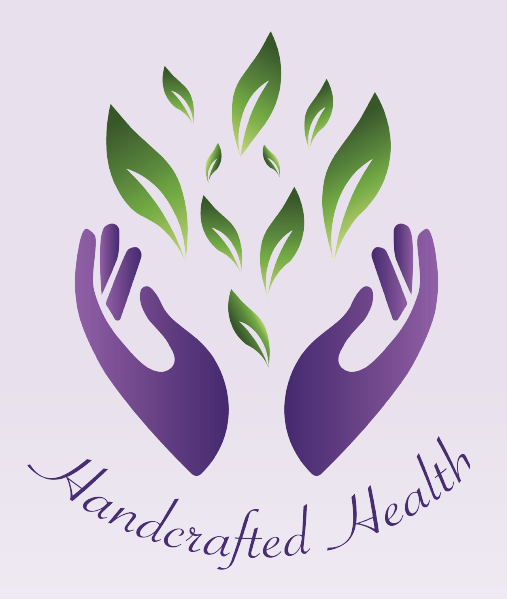



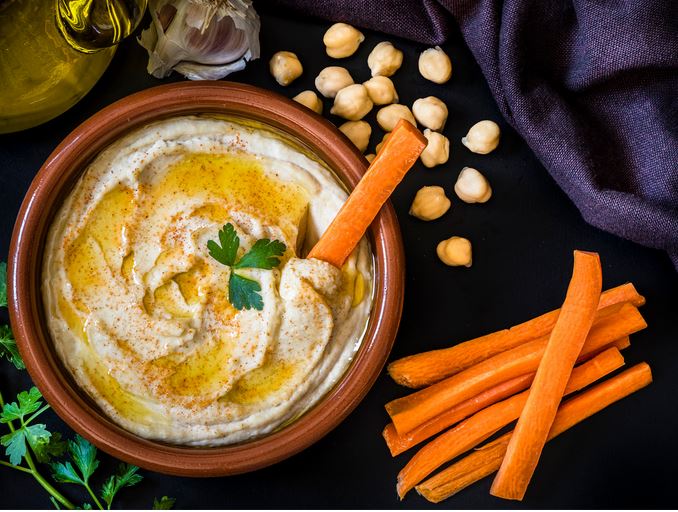
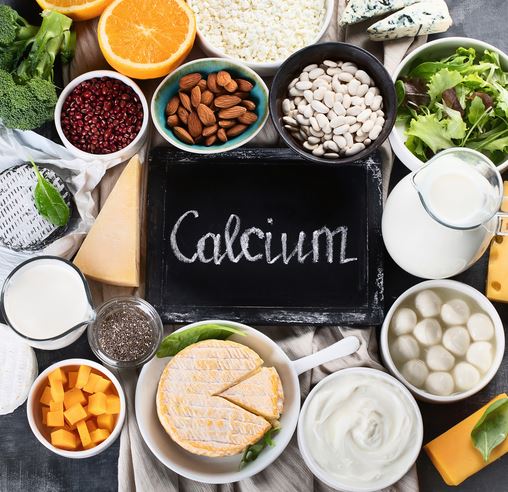
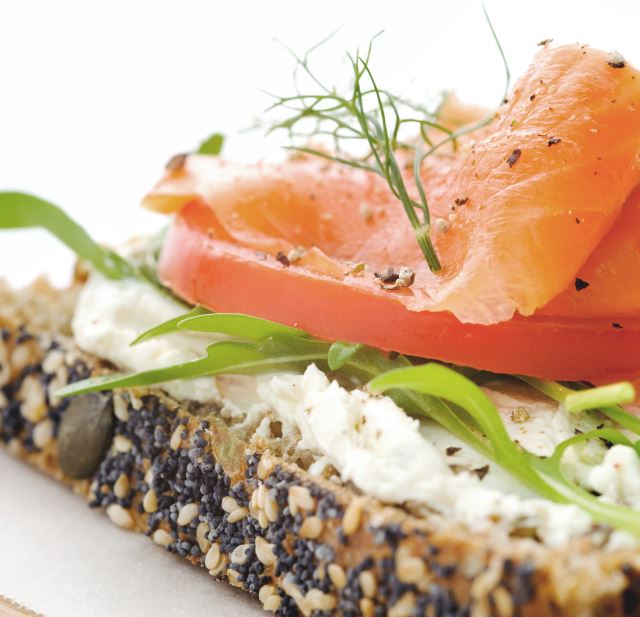

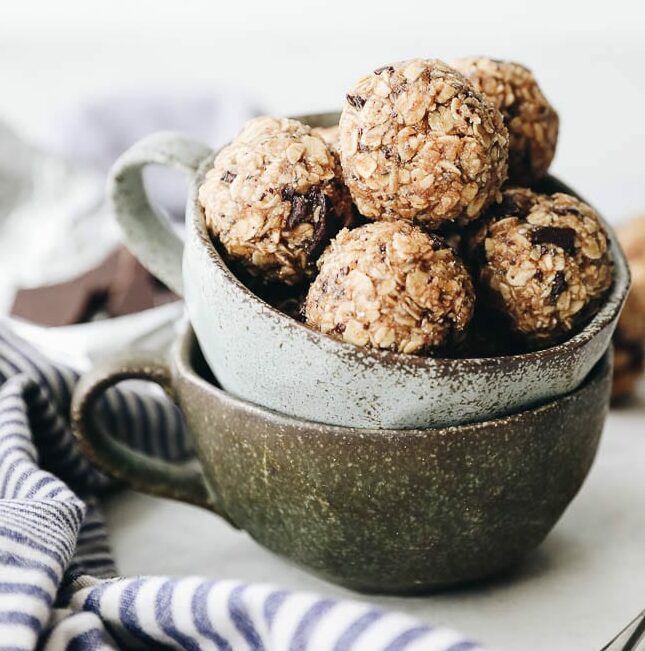
0 Comments